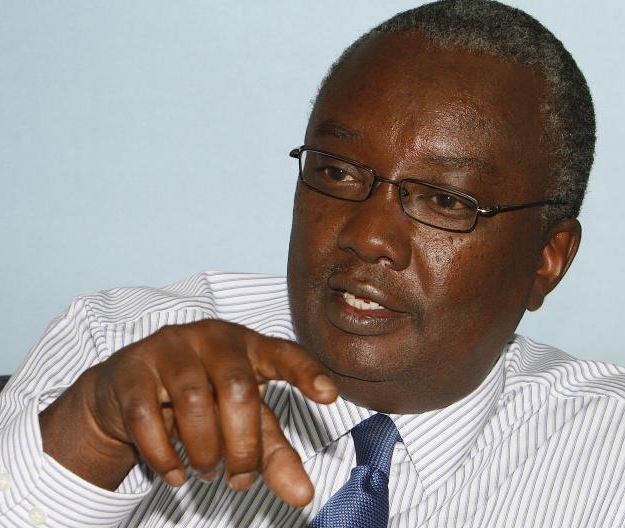×
The Standard e-Paper
Stay Informed, Even Offline

Kenya recently hosted the Civil Air Navigation Services Organisation (CANSO) Africa Conference in Mombasa where over 200 aviation professionals attended. Kenya Civil Aviation Authority (KCAA) boss Captain Gilbert Kibe spoke to Financial Standard on the new aero-technologies, drones, plans of making Africa one airspace and JKIA’s revival plans.
What will be the impact of CANSO meeting to Africa at a time when civil aviation authorities in the continent want to make Africa a single airspace?